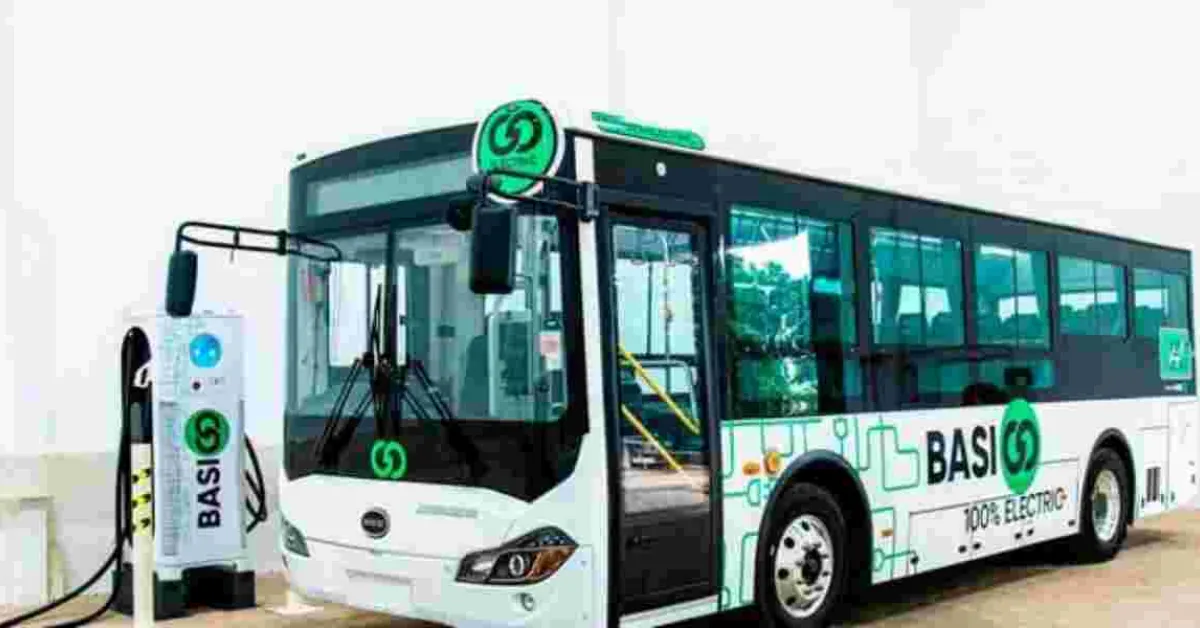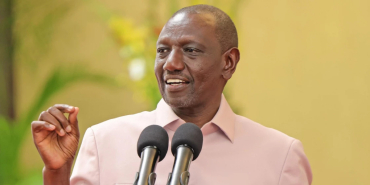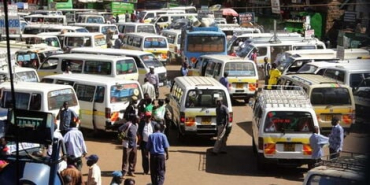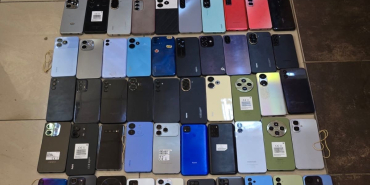Nairobi's Quiet Transition to Electric Vehicles

Kevin Rabare is a frequent commuter in Nairobi who hails the introduction of electric vehicles as a modern mode of transport.
He and Mercy Osingo prefer electric buses to regular taxis due to their dependable and roomy qualities. The eBus is both relaxing and secure thanks to amenities like CCTV and charging ports thus making it an excellent option for those desiring comfortable and effortless travel in their daily commute.
Switching to electric buses in Nairobi has proved to be a great alternative for drivers who aim to reduce their heavy reliance on fossil fuels. For instance, bus driver Francis Nderitu conveys his positive experience with an electric bus and how it has positively impacted not just his budget but also his passengers' travel experience. From an operational standpoint, electric buses are also a more cost-effective option as they only require about Sh5,000 worth of energy per day compared to traditional buses that can rack up Sh12,000 to Sh14,000 worth of fuel expenditure.
Kenya's transportation industry is turning toward electric vehicles and motorcycles to reduce carbon emissions. In just two years, BasiGo, an electric vehicle provider, has reduced carbon dioxide emissions by using electric buses which have also cut fuel costs and helped the environment. The company's Product Marketing and Operations Manager, Fredrick Mutitika, has come up with a new finance option, offering a purchase price of Sh7.5 million and a subscription fee of Sh40 per kilometre, which includes maintenance and charging.
According to Mr Mutitika, the option reduces upfront costs and makes it easier for more people to access electric buses. However, BasiGo faces a shortage of charging stations. To mitigate the issue, the company plans to introduce more buses to various transportation firms and consider customers' feedback to enhance their service. Similarly, William Ruto, the President has pledged to provide low-cost financing for electric motorbikes such as Mazi Mobility and Roam Motors to expand clean energy. Jesse Forrester, the founder of Mazi Mobility, is collaborating with education and training institutions to construct more motorbikes that influence the transition to a sustainable transport industry led by Boda Boda riders in Kenya.
The riders claim that they are able to cut their operational costs by 50 per cent and that the income from one motorbike could support five people in a Kenyan family. Mazi Mobility conducted an analysis and found that a rider spends Sh600 on fuel daily, while the electricity cost for their e-motorcycles is around Sh300 for their battery-swapping service which is currently their only charging option.
Mazi Mobility offers e-motorcycles with either a single or dual battery option. The single-battery bike costs Sh130,000 and can travel up to 70km on a single charge, while the dual-battery bike costs Sh180,000 and can travel twice the distance. The Roam Air bike is priced at Sh180,000 and comes with two batteries. The charging time for each battery is four hours using a 600W charger which costs Sh168 at a charging station.














Add new comment